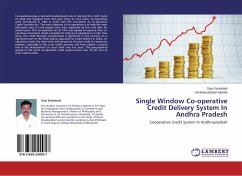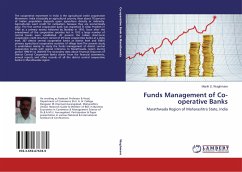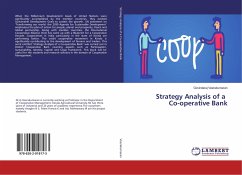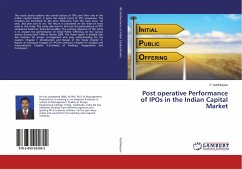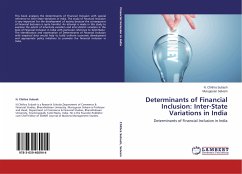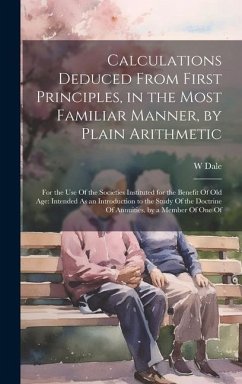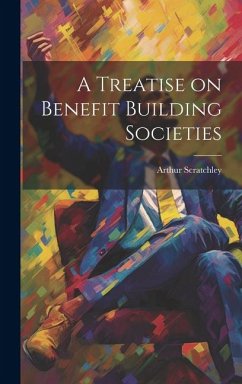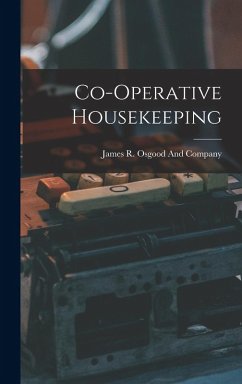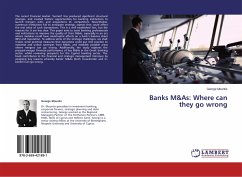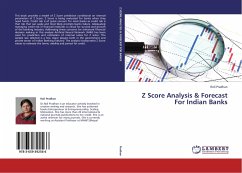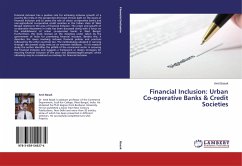
Financial Inclusion: Urban Co-operative Banks & Credit Societies
Versandkostenfrei!
Versandfertig in 6-10 Tagen
62,99 €
inkl. MwSt.

PAYBACK Punkte
31 °P sammeln!
Financial inclusion has a positive role for achieving inclusive growth of a country like India.In this perspective,this book throws light on the issues of financial inclusion and to assess the role of urban co-operative banks and non-agricultural co-operative credit societies in the Indian state of West Bengal relating to the area of financial inclusion. The origin and growth of co-operative movement in India has been discussed along with a focus on the establishment of urban co-operative banks in West Bengal. Furthermore, this book stresses on the initiatives under taken by the government of ...
Financial inclusion has a positive role for achieving inclusive growth of a country like India.In this perspective,this book throws light on the issues of financial inclusion and to assess the role of urban co-operative banks and non-agricultural co-operative credit societies in the Indian state of West Bengal relating to the area of financial inclusion. The origin and growth of co-operative movement in India has been discussed along with a focus on the establishment of urban co-operative banks in West Bengal. Furthermore, this book stresses on the initiatives under taken by the government of India for promoting financial inclusion. Besides this, it describes the issues involving inclusive financial policies and practices followed by the other countries too. The methodology adopted in carrying through the present study rests on an extensive database. In his research study the author identifies the pitfalls of the concerned sector in ensuring the financial inclusion and suggests aframework or design strategies for ensuring financial inclusion of the poor and disadvantaged people, which ultimately may be considered as roadmap for financial inclusion.



